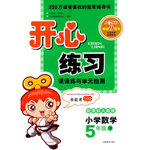题目内容
To save some of the human languages before they are forgotten, the students in our school started a discussion “Save Our ________”
A. Sky B. Life C. Arts D. Voices
D
解析:
本题考查四个名词在上下文中的含义区别。四个选项填入该空中,分别可以译作“拯救天空”、“拯救生命”、“拯救艺术”、“拯救(濒临消失的)语言”(Preserving endangered languages)。根据上文,讨论的话题应该是“拯救(濒临消失的)语言”。

练习册系列答案
 开心练习课课练与单元检测系列答案
开心练习课课练与单元检测系列答案 开心试卷期末冲刺100分系列答案
开心试卷期末冲刺100分系列答案
相关题目